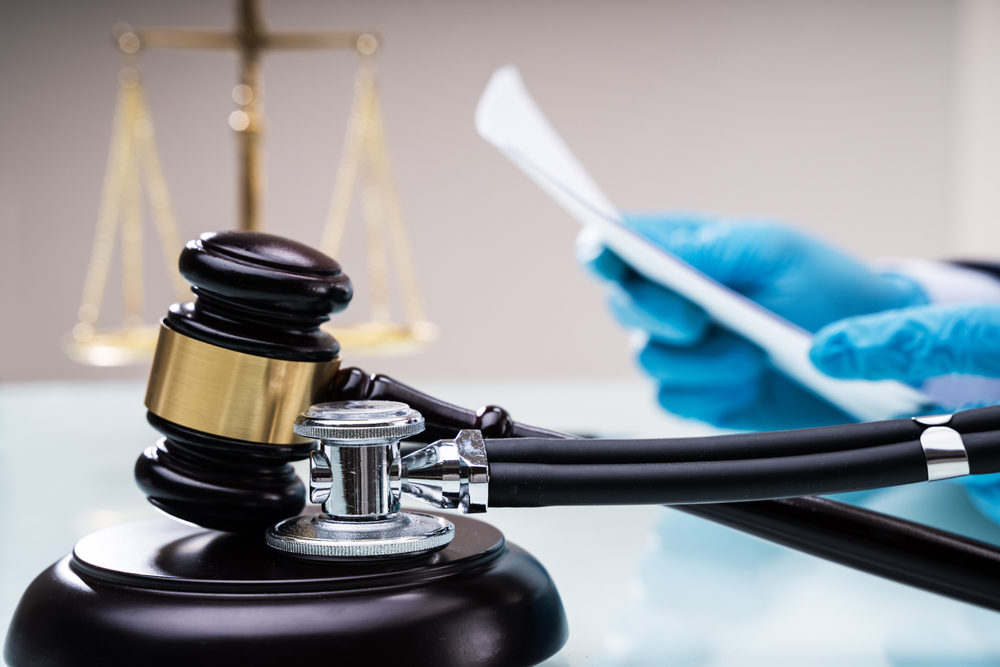In the labyrinth of modern healthcare, where the brilliance of medical advances illuminates paths to recovery and hope, there lies a shadowed corridor seldom spoken of—the plight of medical injury victims. These individuals, who step into the world of healthcare seeking healing, sometimes find themselves navigating an unforeseen journey of pain, confusion, and isolation, not because of their original ailment, but due to preventable errors and oversights within the medical system itself. Compassionate advocacy for these individuals is not merely a professional obligation; it is a moral imperative that calls to the very core of our humanity. Medical injuries can range from the subtle to the catastrophic, affecting not just the physical well-being of patients but their mental and emotional health as well. The consequences often extend beyond the individual, rippling out to touch families, communities, and sometimes, even the healthcare providers involved.

The path to addressing these injuries is complex, requiring a multifaceted approach that encompasses legal, medical, and emotional support. Advocacy for victims of medical injuries begins with listening—a simple, yet profoundly impactful act. By providing a space where their stories can be heard without judgment, advocates offer victims the first step towards healing. It acknowledges their suffering, validates their experience, and Gresham malpractice firm reassures them that they are not alone. This act of listening is the foundation upon which trust is built, allowing advocates to effectively navigate the intricacies of the healthcare and legal systems on behalf of those they serve. Legal advocacy plays a critical role in this process, seeking accountability and compensation for the injured. However, true advocacy goes beyond the confines of courtrooms and legal documents. It involves educating patients about their rights, empowering them with the knowledge to advocate for themselves. It also means working tirelessly to bring about systemic changes within the healthcare industry, advocating for policies and practices that prioritize patient safety and prevent future injuries.
Moseley Collins Law
1012 SW King Ave Suite 104, Portland, OR 97205
(503) 210-1990
Compassionate advocacy also encompasses emotional and psychological support. Medical injuries can leave deep psychological scars, leading to feelings of betrayal, fear, and isolation. Support groups, counseling, and therapy are vital components of the healing process, offering a lifeline to those struggling to cope with the aftermath of their experiences. These services not only help individuals reclaim their lives but also foster a sense of community and solidarity among victims, reminding them that their voices matter. In the grand tapestry of healthcare, compassionate advocacy for medical injury victims represents a crucial thread, one that weaves together the principles of empathy, justice, and healing. It challenges us to look beyond the clinical outcomes and see the human beings affected by each decision and action. As we move forward, let us commit to holding this thread tight, ensuring that no individual who suffers a medical injury has to walk their path alone. In doing so, we not only uplift the victims but also elevate the very essence of healthcare itself.





